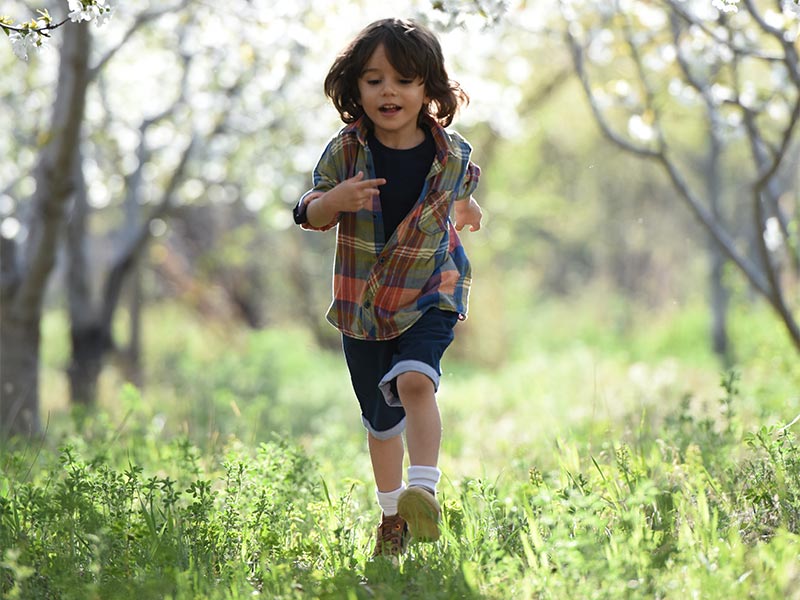Spirited children are those that often have boundless energy, a quick mind, curiosity and terrific negotiation skills. They can tend to have a wiggly body, and may be vulnerable to getting into hot water for acting before thinking.
It is important to consider that these children often have a much higher need for movement before feeling satiated and need supports to move to a calm state where they are best able to attend, process and problem solve. The spirited child can be impulsive, acting before thinking it through and thus miss how others around them are feeling.

Events not going as expected can feel catastrophic for this child. Here are some specific strategies to build self- regulation skills and thinking about others:
- Allow plenty of movement each day for this child, both before and after school
- If sitting all day in a chair is tricky, work with your teacher to allow your child a standing desk and small movement breaks throughout the day. Remember he is working harder at sitting still than other kids
- For prolonged sitting activities, like dinner or church, give your child movement breaks i.e. go for a walk, get a drink of water.
- Discuss the main sequence of events for the day in advance. Then your child can verbalize her feelings with you in advance, negotiate and she knows what to expect for the day.
- For specific activities, discuss the parameters/”plan” first with input from your child. Be clear and stick to what you’ve decided together. Let him know his reward for sticking to the plan you’ve both come up with (i.e. 5 extra minutes to play).
- When something goes awry, help your child to calm and then find a quiet place to have her tell you what happened and how she felt about it; in this way she will feel understood by you and get practice verbalizing feelings rather than having a big behavioral reaction.
- Talk about emotions! Verbalize a wide range of emotions in your everyday events. Help your child identify the difference between a big, medium and small disappointment/happiness/upset/worry, etc.
- Help your child consider other children’s perspective. You can do this by talking in advance “how will Makena feel about …” or after the fact “I wonder what Makena’s idea was? I wonder if his idea was the same or different than yours?”
- Create a family “quiet time” daily where all media is off and you & your child engage in a quiet activity (reading, drawing, Legos, game) so your child learns to sustain a calm state.
Originally published in Maui Family Magazine.
